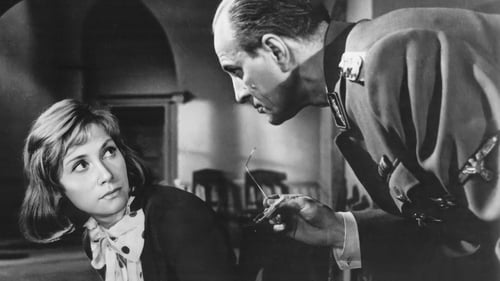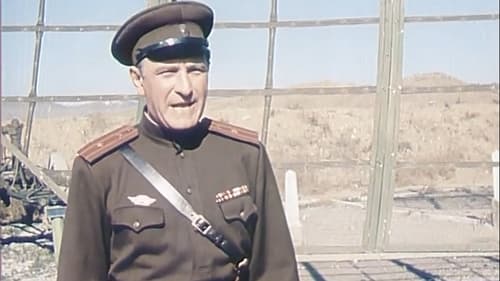
general
Summer of 1945. The salute of the Great Victory died down and the country is gradually returning to peaceful life. From "fire yes into the fire" a young reconnaissance commander Volodya Sharapov falls, having come to the MUR for distribution, to the department for combating banditry. In the city the Black Cat gang rages, terrifying Muscovites. Captain Gleb Zheglov enters the fray with the bandits, for whom Sharapov soon becomes his right hand.


Yaroshchuk
Explosions are raging in one of the ports in the territory occupied by the German fascist invaders. An old and experienced military leader, Admiral Reinhardt, arrives to investigate these emergencies. Together with the head of the Gestapo, SS Standartenfuehrer Hübe, he takes all measures to suppress the activity of the partisans, raids and arrests, but all in vain. Underwater sabotage continues. A detachment of fighters with experience of submarine warfare is sent from Italy to fight the demolitions.

Col. Andreyev
A romantic comedy about a young officers from army base.

Nechuiviter
Based on the novel by Mikhail Stelmakh “A Big Family”. The second film of the trilogy (“Human Blood is Not a Water”, “Dmitro Goritsvit”, “People Don’t Know Everything”) tells about one of the first collective farms of Ukraine, the fight against the kulaks and the love of the communist Dmitro Goritsvit for Marta, the Petliurist's daughter, who guilty of the death of Dmitro's father.

Nechuyviter

Jakov

Sergeev
An officer accidentally leaks information about the first test of a new aircraft model. When spies get hold of this classified information, the development of the new airplane is under threat.

Ivan
The film tells the story of a bitter, hard life of laborers in Ukraine during the second half of the XIX century.



